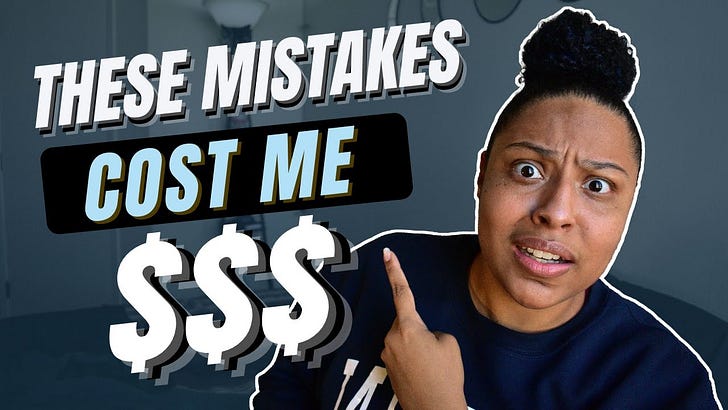Biggest Funding Orgs & Grant Writing Tips
Fellowships & Grants
Fellowships and grants are a great way to fund your research as a grad student and beyond. You may or may not have heard of many major granting organizations, but that’s okay! Because today we are sharing 3 of the largest granting institutions for humanities PhDs!
National Endowment for the Humanities (NEH)
The largest US federal funder of the humanities. NEH offers 47 grant programs to support museums, historic sites, colleges, universities, K-12 teachers, libraries, public television and radio stations, research institutions, independent scholars, and nonprofits nationwide.
Provides grant opportunities for U.S. citizens to go abroad with the Fulbright U.S. Scholar Program. It houses more than 400 awards annually in over 135 countries to teach, conduct research, and carry out professional projects.
American Council of Learned Society Fellowships (ACLS)
ACLS is committed to providing fellowship and grant opportunities to excellent scholars working across the diverse landscape of higher education and beyond the academy. There are a variety of different focused grants with their own eligibility requirements and benefits.
Grad Advice & Tips
To get grants, you have to write grants! So, let’s go over some basic MUST KNOWs when grant writing!
You have to do your research
Grants are not a one size fits all! They require that you tailor each application to each unique grant application. This means you need to intimately understand what are the goals, mission, and general trends of the organization you are applying to.
Small Mistakes Can Make a BIG Difference!
This is a little dramatic as I have earned many grants, and I have NEVER submitted an application without at least one typo. (In fact there may be many typos even in these written posts! Sorry! I am doing my best!)
But the point is, there were probably many other grants that I applied to that I might have been rejected from because of simple mistakes.
This means you should do your best to avoid any grammar issues and spelling mistakes. Now you might be thinking “Wow, that is so punitive!” and it is!
But the way it was explained to me is, that when applications are are so good and everyone actually deserves it… They have to make a decision somehow.
And since they have to make a decision somehow … sometimes it comes down to a simple misspelled word. So, try your best! It’s okay not to be perfect, but if you can prevent these small mistakes… DO IT!
Feedback Can Change Everything!
I say this in almost every YouTube video that I make! When it comes to applying to ANYTHING I always suggest trying to find someone, ANYONE, that has applied and been accepted before you, so you can ask them for advice. This type of conversation can give you an example of what success has looked like.
And like I said in the first bullet point, you want to understand the general trend of the fellowship or grant you are applying to, and people who have won them before usually have some type of understanding of that trend.
Feedback is also useful in avoiding mistakes that are harder to see! Most grammar and spelling mistakes can be caught by software like Grammarly or Microsoft Word, but conceptual mistakes and theoretical mistakes… well… those are best addressed by humans.
So, make sure you have your faculty mentors and peers look it over to make sure you are making sense and avoiding these more complex academic mistakes too!
If you are interested in more grant writing support then I would watch this YouTube Video next!
Jobs & Postdocs
The application process for academic jobs is not quite like that for industry job applications. The biggest difference is that academic jobs usually are posted and due an entire year before their start date.
They also often require between 2-6+ different documents for your applications. Academic jobs can require multiple rounds of interviews with some interviews lasting as long as two days.
(Don’t panic! There will be breaks!) This is just to give a small glimpse into how getting academic jobs can be an intimidating process on its own!
But don’t worry! Over the next few weeks, we will be sharing more about how to get jobs, where to look for jobs, and other important job updates right here!
Featured Student Discounts & Affiliate Links
These links are items I use and love or resources that might make grad school easier for you! If you use these affiliate links, you get the products you need (sometimes at a discount!) and I get a small commission that will help support these free resources!
Join Samsung's Education Discount Program and get 30% off storewide!
Simplify your Meal Prep Process with 30% off Hungryroot (Valid until 2028)
Support Future PhD Newsletter!
Thank you for reading the Future PhD Newsletter — your support allows me to keep doing this work.
If you enjoy the Future PhD Newsletter, it would mean the world to me if you invited friends to subscribe and read with us. If you refer friends, you will receive benefits that give you special access to the Future PhD Newsletter.
Thanks for reading the Future PhD Newsletter! Subscribe for free to receive new posts and support my work.



